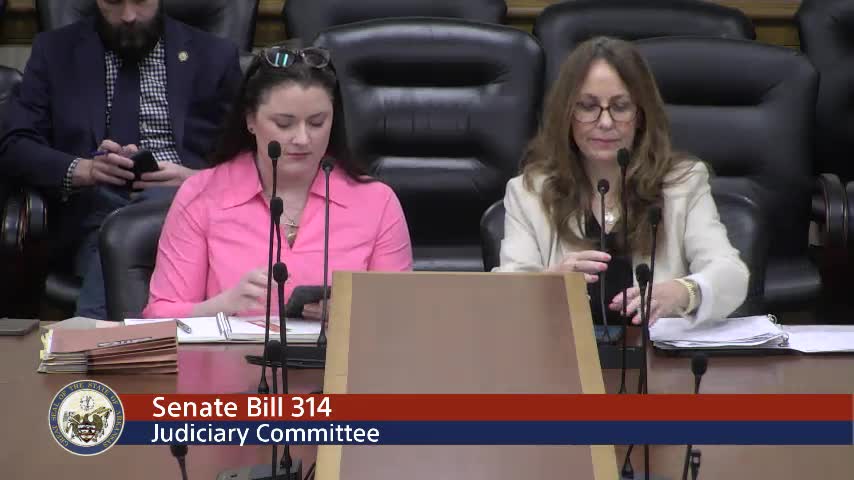Article not found
This article is no longer available. But don't worry—we've gathered other articles that discuss the same topic.
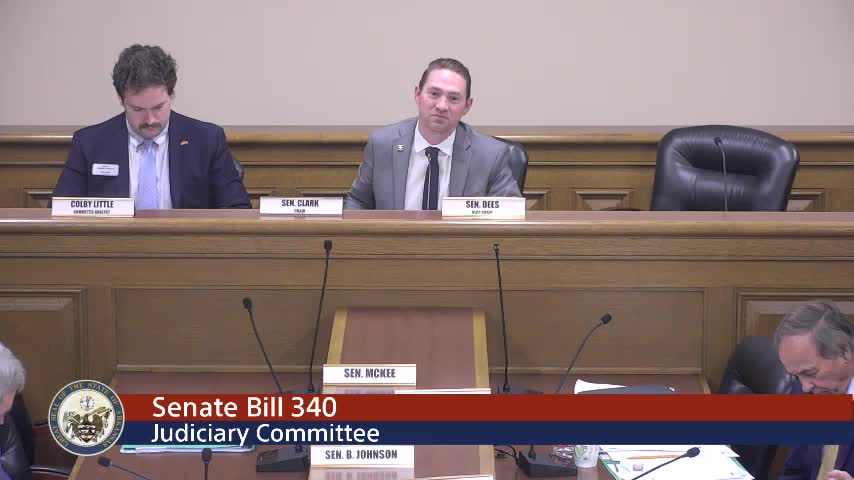
Committee votes to eliminate many juvenile court fees and shift costs; public defender raises workload concern
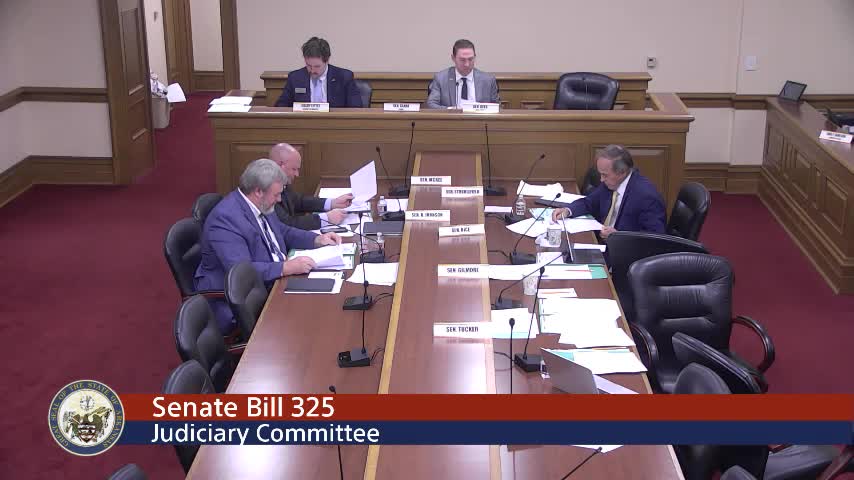
Committee passes child‑welfare reforms to narrow registry and standardize screening; stakeholders consulted
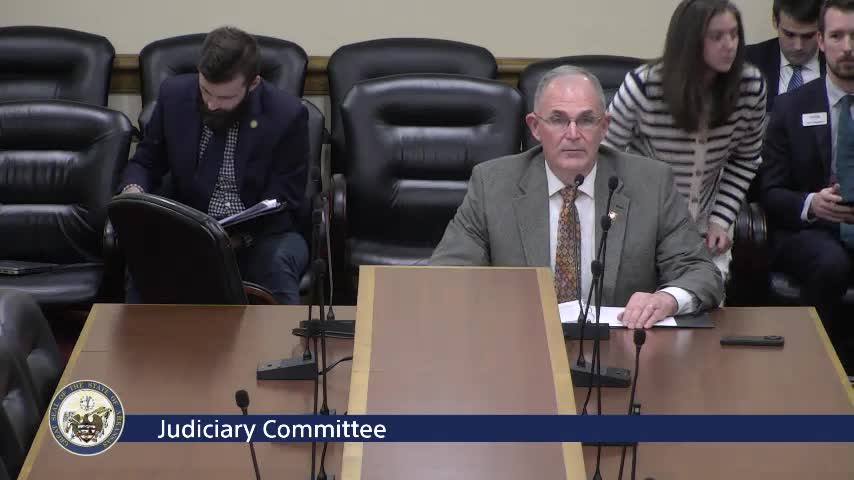
Senate advances bill to expand capital penalty to sexual abuse of young child amid constitutional debate
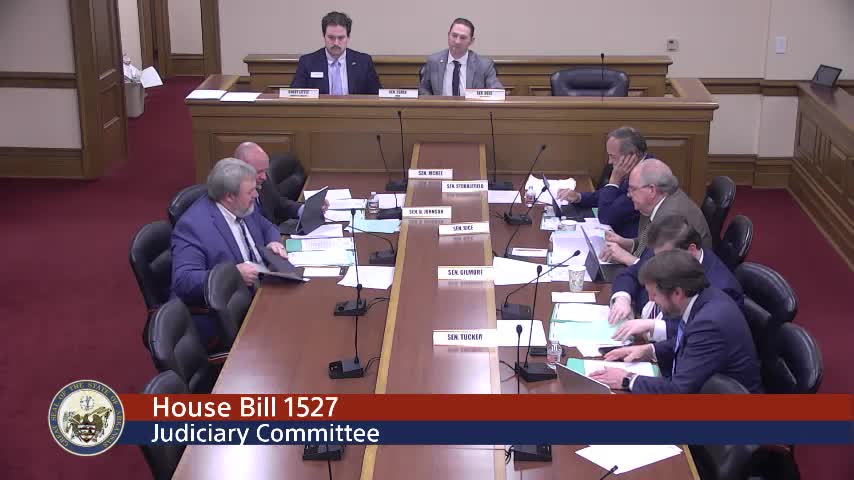
Senate committee advances bill allowing nitrogen hypoxia as execution method after hours of debate and testimony
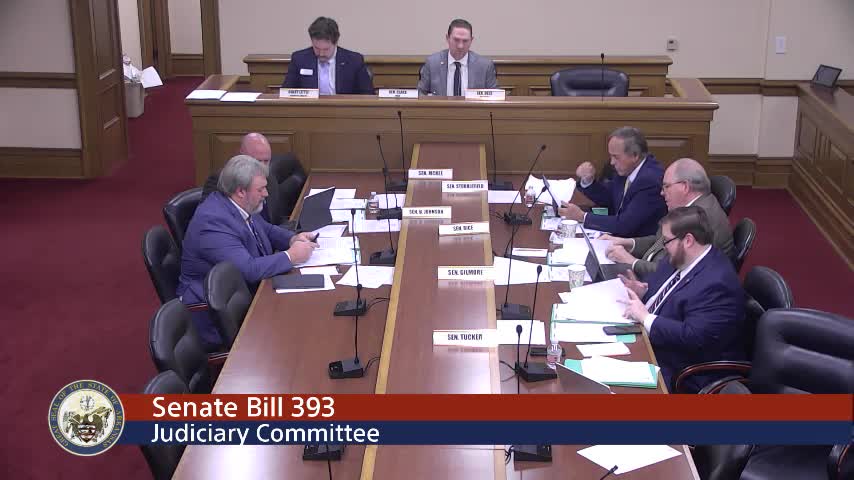
Committee OKs bill letting courts approve 529 accounts for court‑administered settlements
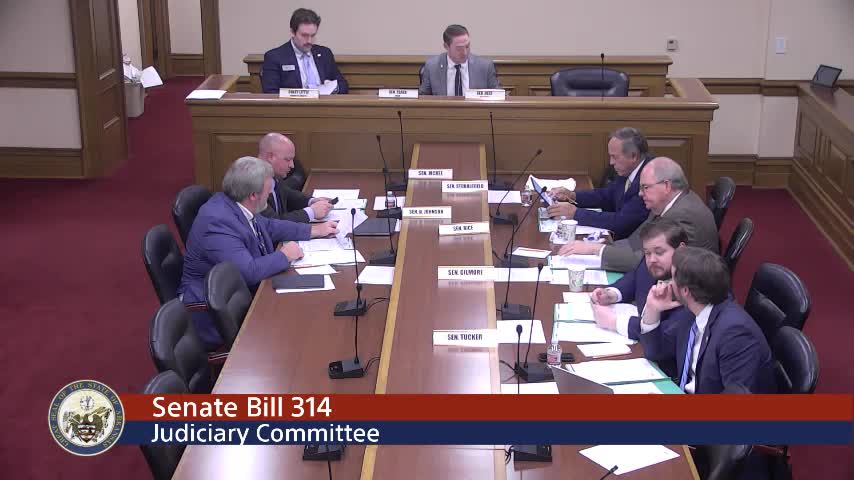
Committee approves bill requiring human‑trafficking hotline posters in hotels, airports, restrooms
